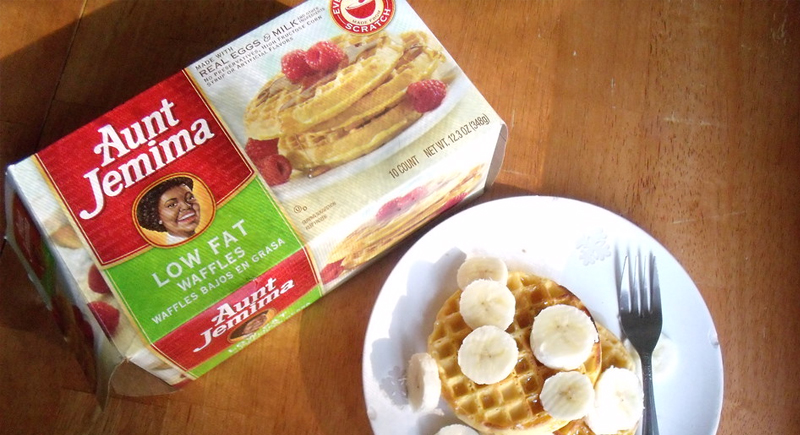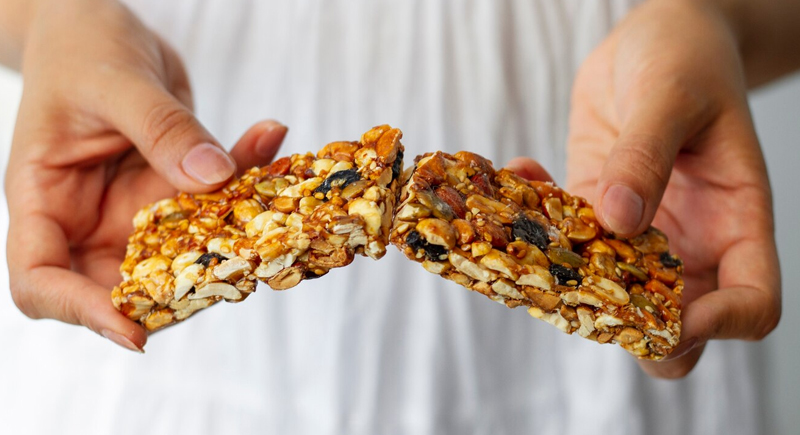15 Surprising Things Adults Do That Lead to Obesity
Do you think packing on the pounds only happens to people who devour fast food and never break a sweat? Think again! Many seemingly harmless habits can contribute to weight gain over time. That’s why we’ve compiled a list of 15 surprising things adults do that can lead to obesity, along with tips to break free and reach your health goals:
The “Just a Taste” Temptation

Credit: pexels
Sampling your kids’ meals, “finishing” what your partner leaves on their plate, or taking “just a bite” of something tempting can add up throughout the day. A 2023 Cornell University study revealed that people who allow themselves small “tastes” are more likely to end up overeating later. Stick to your own portions and resist the urge to nibble on others’ food.
When “Rewards” Backfire

Credit: freepik
Rewarding yourself with food for completing tasks can create unhealthy associations and lead to overeating. A 2022 study in the journal PLOS One found that people who rewarded themselves with food were more likely to crave unhealthy options in the future. Find non-food rewards for reaching goals, like a massage, a new book, or an activity you enjoy, to create positive reinforcement without derailing your diet.
Skipping Breakfast

Credit: pexels
Skipping breakfast can disrupt your metabolism and lead to overeating later in the day. A 2023 meta-analysis published in The American Journal of Clinical Nutrition found that people who ate breakfast consistently consumed fewer calories throughout the day than breakfast skippers. Start your day with a healthy and filling breakfast to keep you feeling satisfied and energized.
The “Healthy” Trap

Credit: flickr
Low-fat and fat-free labeled foods often compensate for reduced fat with added sugar and unhealthy fillers. A 2023 study published in the Journal of the American Medical Association found that people who consume low-fat yogurt tend to eat more of it compared to those who eat full-fat yogurt, potentially negating any perceived health benefits. Check labels carefully and opt for whole, unprocessed foods whenever possible.
Overserved

Credit: freepik
Restaurant portions are notoriously oversized. A 2022 Center for Science in the Public Interest (CSPI) report revealed that the average restaurant entree contains over 700 calories, exceeding recommended serving sizes. Share a plate, take half your meal home for leftovers, or ask for a to-go box before you even start eating to avoid overindulging.
Mindless Munching

Credit: freepik
Snacking while watching TV, scrolling through your phone, or working at your desk can lead to mindless overeating. A 2023 University of Minnesota study found that people who ate while distracted consumed 25% more calories than those who focused on their food. Practice mindful eating – focus on your food, savor each bite and stop when you’re comfortably full.
Liquid Calories

Credit: freepik
Sugary drinks like soda, juice, and even fancy coffees pack a hidden calorie punch. According to the American Heart Association, sugary beverages contribute to an additional 180 calories per day on average for adults in the US. Stick to water, unsweetened tea, or black coffee to quench your thirst without sabotaging your weight loss efforts.
Sleepless Nights

Credit: freepik
Chronic sleep deprivation disrupts hormones that regulate hunger and satiety. A 2022 study published in Nature Communications found that people who slept less than 7 hours per night were more likely to crave high-calorie, high-carb foods the next day. Aim for 7-8 hours of quality sleep each night to keep your appetite in check.
Stressful Spirals

Credit: pexels
Stress can lead to emotional eating and unhealthy food choices. A 2023 survey by the American Psychological Association revealed that 42% of Americans reported unhealthy eating due to stress. Find healthy ways to manage stress, like exercise, meditation, or spending time in nature, to break the cycle.
The “Healthy” Oil Myth

Credit: pexels
While healthy fats like olive oil are good for you, they’re still calorie-dense. Just two tablespoons of olive oil contain over 240 calories. Use in moderation and avoid overdoing them on salad dressings or cooking with excessive oil.
Calorie-rich Condiments

Credit: pexels
High-calorie condiments like ketchup, mayonnaise, and salad dressings can easily add hundreds of extra calories to your meals. A single tablespoon of mayonnaise can contain over 100 calories! Opt for portion control or choose healthier alternatives like low-fat yogurt or balsamic vinegar to add flavor without the extra fat.
The “Healthy” Snack Trap

Credit: freepik
Granola bars, energy bars, and even some protein bars can be loaded with sugar and unhealthy fats. A 2023 study by Consumer Reports found that some popular granola bars contain more sugar than a candy bar! Make your own snacks, or choose whole fruits, nuts, or plain Greek yogurt for a more nutritious option.
The All-or-Nothing Attitude

Credit: iStockphoto
Don’t let one slip-up derail your entire progress. According to a 2023 study in the International Journal of Behavioral Nutrition and Physical Activity, people with a more flexible mindset around healthy eating are likelier to stick with their weight loss goals in the long run. Everyone has occasional setbacks. Just get back on track with your healthy habits at your next meal.
Social Eating is a Slippery Slope

Credit: pexels
Eating out frequently, attending social gatherings with unhealthy food options, and succumbing to peer pressure can make weight management challenging. A 2022 Harvard University study found that people consume more calories when dining with others than when eating alone. Learn to navigate social situations without compromising your health goals. Bring a healthy dish to share, politely decline unhealthy options, and focus on enjoying the company over the food.
Constant Comparisons

Credit: pexels
Constantly comparing yourself to others on social media or focusing on “perfect” fitness models can be discouraging and lead to unhealthy eating habits. A 2023 University of California, Los Angeles (UCLA) study linked frequent social media use to increased body dissatisfaction and unhealthy weight control behaviors. Focus on your own health journey and celebrate your personal achievements. Remember, progress over perfection is key to sustainable weight management and a healthy body image.